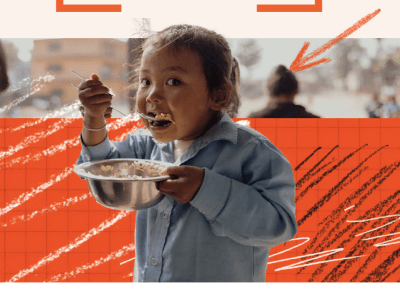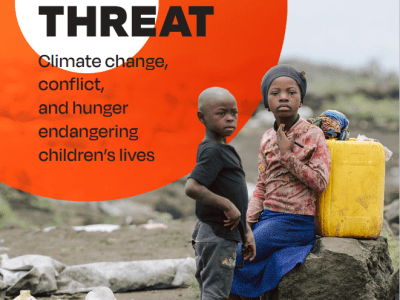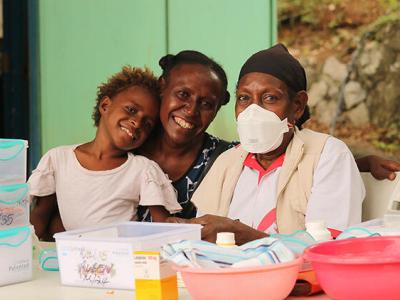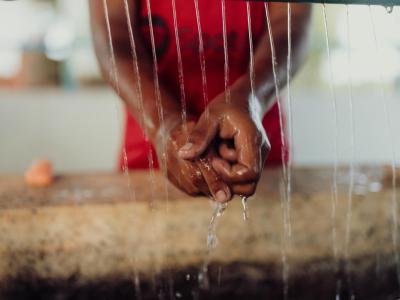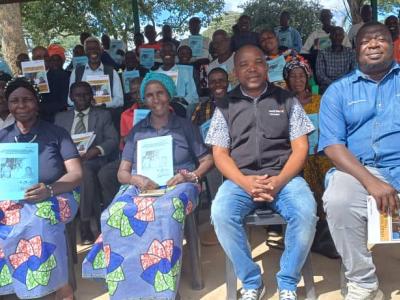publication / April 2, 2025
South Asia and Pacific ENOUGH 2025 Campaign Report
ENOUGH Report: Learn how World Vision fights child hunger in South Asia & Pacific. Discover youth-led solutions & our impact on nutrition policy.
article / April 7, 2025
World TB Day 2025: Somalia’s progress in the fight against TB
A young boy’s recovery from TB in Somalia shows the power of early treatment and the country’s progress in the fight to end tuberculosis.
publication / April 7, 2025
Enough Campaign : Launch Report World Vision West Africa
This report highlights the launch process in each of the nine countries in the West Africa Region. It outlines the next steps towards a future where children no longer suffer from hunger and malnutrition.
publication / March 17, 2025
Annual Progress Report FY2024|World Vision International Nepal|English
World Vision Nepal's FY24 report: Impacted 468K+ vulnerable people, 328K+ children, via education, nutrition, & protection projects.
publication / April 17, 2025
Triple Threat: Climate Change, Conflict and Hunger endangering children's lives
Climate change, violence, and hunger are trapping vulnerable children in poverty. This report explores their intersection and the urgent need for action.
publication / April 1, 2025
Global Fund Annual Report 2023
Results of World Vision's HIV, TB, and Malaria programmes, funded by the Global Fund.
press release / April 4, 2025
Banteay Meanchey achieves Open Defecation Free status, transforming public health
A child is washing her hands at a handwashing station.
article / April 15, 2025
Empowering Communities Through Citizen Voice and Action: A Path to Better Public Services in Chongwe East Area Programme
His Royal Highness Chief Bunda Bunda of the Soli people has applauded World Vision Zambia's Citizen Voice and Action (CVA) approach for transforming community engagement in Rufunsa District. Recognising the tool’s power to drive accountability and improve essential services, Chief Bunda Bunda hailed CVA as a catalyst for sustainable development in his chiefdom.
